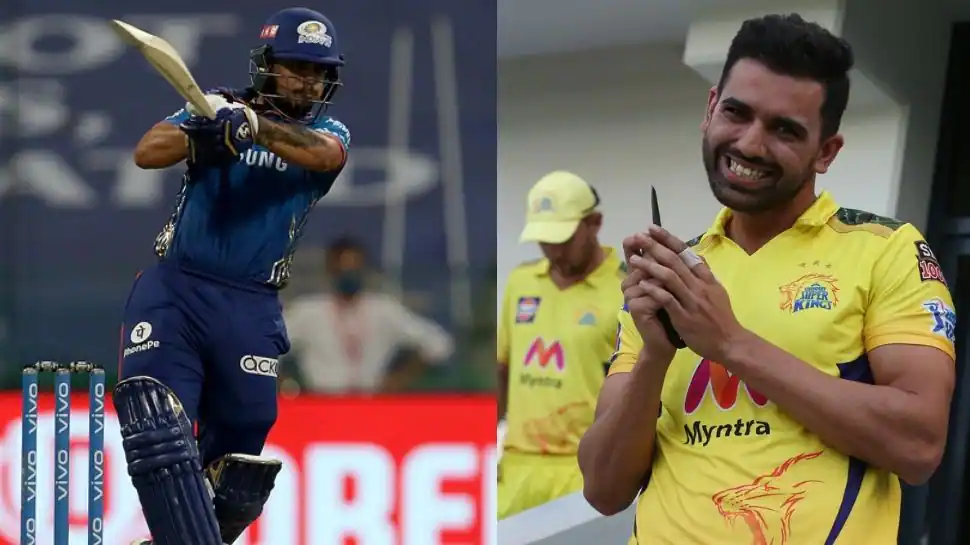Amid international pressure on India to take a strong position against Russia, Prime Minister Narendra Modi met with the visiting Russian Foreign Minister Sergey Lavrov on Friday. The meeting between the two lasted almost 40 minutes. Earlier in the day, the Russian minister had told the media persons he wished to convey a message personally from President Vladimir Putin to PM Modi. Russian Minister Lavrov had said “Both President (Putin) and the Prime Minister are in regular touch with each other. I will report to the President about my negotiations. He sends his best regards to Prime Minister Modi.” Adding, “I would appreciate an opportunity to deliver this message personally.”
Though there have been several visits by ministers from several countries including the UK, China, Austria, Greece, and Mexico, PM Modi has not met them.
Is Moscow satisfied with India’s stance?
Moscow appears to be reasonably satisfied with New Delhi’s stance on the Russia-Ukraine crisis. In its official statements, it has always appreciated India’s neutrality and willingness to continue ties without any disruption.
“Moscow’s concerns that New Delhi may come under Washington’s pressure seem unwarranted. New Delhi cannot compromise on its national interests under any external pressure. Its ties with Moscow are independent of its ties with Washington, and vice versa. Therefore, both Moscow and Washington need to understand India’s strategic concerns and should not force her to take a partisan stand towards any of them,” opines Prof Rajan Kumar, School of International Studies, JNU.
India has adopted a nuanced position in which it has refused to condemn Russia’s aggression, underlines the importance of international law and the UN Charter, and tacitly supports Ukraine by stressing the significance of territorial sovereignty of a state.
Is India comfortable with the conflict?
No. According to Prof Rajan, “India is certainly not comfortable with the ongoing conflict due to the following reasons: first, its inflationary impact on the global economy, second, a possibility of a quasi-military alliance between Moscow and Beijing, and finally, its difficulty in maintaining a balance where it strives to cultivate good ties with both Washington and Moscow. In a polarised situation, New Delhi will find it difficult to convince Washington that its ties with Moscow are not pitted against the US.”
Should Washington corner New Delhi?
“Washington should not try to corner New Delhi on the issue of sanctions on Russia. India’s trade with Russia is less than $10 billion. A small amount of increase in trade with Russia cannot be seen as circumventing the Western sanctions. India would not have been keen to sign energy agreements with Russia, if other alternative sources were available at a reasonable price. India suffered earlier because of the US sanctions on Iran. Washington must realise that other countries are not legally bound to follow its unilateral sanctions,” he opines.
One must then ask the question- ‘Were India’s concerns taken into account while deciding on economic sanctions?’
Sharing his views, Prof Rajan says, “Just three months earlier, Russia was considered pivotal to India due to two important developments: the withdrawal of the American forces from Afghanistan, and the military standoff with China at the Ladakh border. These issues have not disappeared and are directly related to India’s security, probably much more than the crisis in Ukraine.”
There is immense pressure on India over oil imports from Russia at discounted price and also about the payment mode of rupee-rouble for the bilateral trade between the two countries.















